Attempt to revitalize JCPOA results in "almost nothing"
The latest round of talks on the 2015 Iran nuclear deal, formally known as the Joint Comprehensive Plan of Action, JCPOA, ended in Vienna on Friday.
The Austrian Capitol hosted four days of talks between delegates from Iran and the remaining signatories to the nuclear deal in an attempt to revitalize the agreement.
The US also sent a delegation to Vienna, but Iran rejected holding direct or indirect talks with the US side.
Tehran and Washington remain in a standoff, as both sides call on the other to take the first step to return to its JCPOA related commitments.
While the administration of US President Joe Biden says it wants to rejoin the JCPOA, so far, it has refused to remove sanctions.
The US says it is preferred to lift sanctions that are inconsistent with the JCPOA while it has declined to elaborate that appears to exclude sanctions formerly related to nuclear issues covered by the deal.
Iran says since the US unilaterally left the accord in 2018, it must first fulfill its obligations by removing all sanctions in a verifiable manner, whereby Iran is able to see the effect of the removal of sanctions in practice.
Iran's foreign minister Mohammad Javad Zarif says Tehran is proposing a logical path to the US for its full compliance with the nuclear deal.
He called on the US to return to full compliance first, and then Iran will reciprocate upon verification of Washington's compliance.
Zarif also stressed that all sanctions imposed by former President Donald Trump must be removed.
Speaking to Press TV Iran's top negotiator and the Deputy Foreign Minister, Abbass Araghchi, highlighted Tehran's stance on returning to compliance with the pact.
We (will) only go back to full compliance when the US has lifted all sanctions imposed or re imposed or relabeled after January 2017 and has (been) verified by the Islamic Republic of Iran, then we would go for full compliance.
Abbas Araqchi, Deputy Foreign Minister of Iran
The Iranian diplomat also rejected the idea of a step by step return to the 2015 nuclear accord.
As the first round of negotiations finished on Friday, the participants agreed to hold another round of talks next Wednesday in the Austrian capital, Vienna.
The negotiations will adress the removal of sanctions and the nuclear implementation of the deal.
We know that Trump's maximum pressure Campaign failed against Iran, and Iran has emerged with an economy more resistant to external pressure and, so, insulated from the US sanctions.
Mehrdad Torabi, Geopolitical Analyst and Commentator
China has stated that the US should return to the Iran nuclear deal unconditionally and remove all illegal sanctions against the Islamic Republic.
In a tweet the Chinese Foreign Ministry spokesperson described the US unilateral withdrawal from the 2015 nuclear deal as the root cause of the crisis.
During the former US administration of Donald Trump, Washington unilaterally left the JCPOA, calling it a weak agreement. Subsequently, Washington implemented the maximum pressure campaign to wage an economic war on Tehran to force it to renegotiate.
The Iranian Foreign Minister, Mohammad Javad Zarif, previously said that the unilateral sanctions imposed by the US had inflicted $1 trillion dollars worth of damage on Iran's economy, he added that Iran expects compensation after Washington rejoins the accord.
A senior US State Department official has predicted that if Iran insists on the removal of all sanctions imposed since 2017 Washington and Tehran will reach an impasse.
Iran in the current situation is limited in negotiations, only two expert committees, one is active and one is standby. The active expert committee is working to assess and present measures that the United States needs to implement to be able to come back to the compliance with the JCPOA.
Mehrdad Torabi, Geopolitical Analyst and Commentator
Robert Malley, the US special envoy for Iran, has already admitted that the maximum pressure campaign launched by the previous administration yielded no results.
He said Washington is seeking to achieve a mutual return to compliance with the nuclear deal.
How could the US want a mutual return while they withdrew from the deal and Iran is still part of it?
It is clear that the US will leave Vienna empty handed if the outcome of the talks is anything but the removal of all sanctions.
'Gaza has won': Social media users react to ceasefire with mix of relief, joy
Iran seeks South Korea’s assistance for AI, fiber-optic projects
VIDEO | Iran's 'Eqtedar' (Power) maneuver
Israel hits HTS military target in Syria for 1st time since fall of Assad
VIDEO | Press TV's news headlines
Israel has slaughtered 13,000 students in Gaza, West Bank
VIDEO | More Zionist than Zionists: Biden’s legacy to be defined by Gaza genocide
Hamas confirms handing approval of Gaza ceasefire deal to mediators


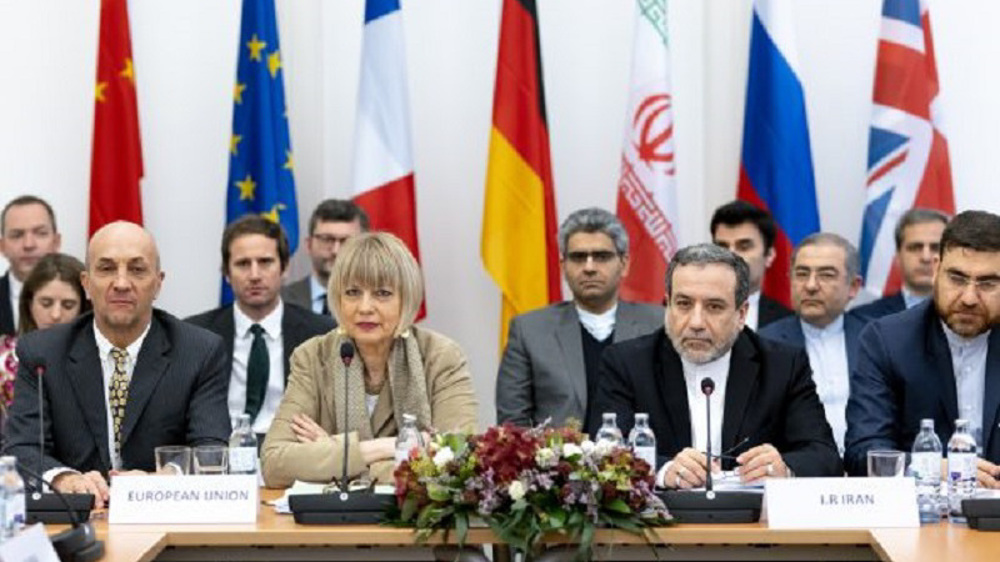
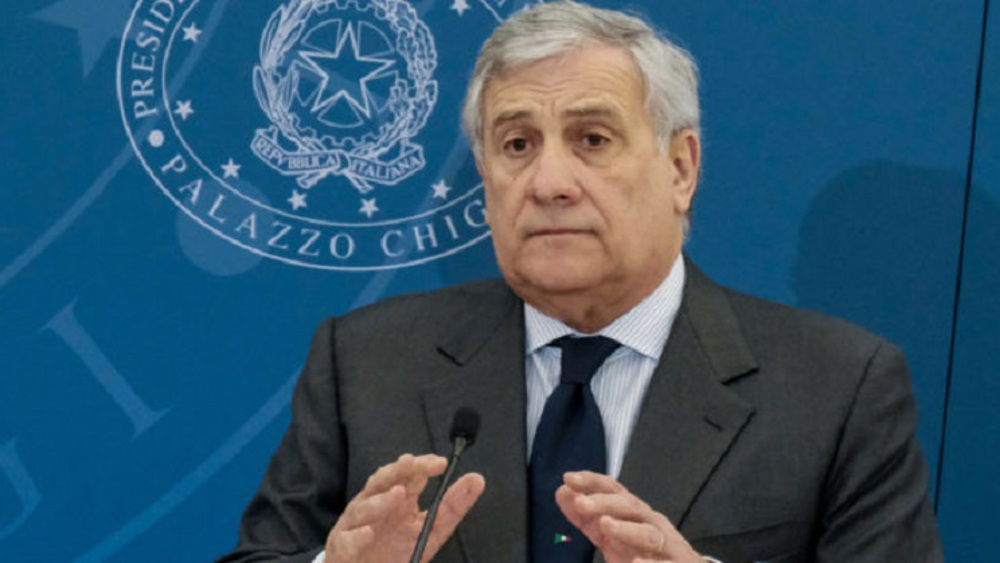





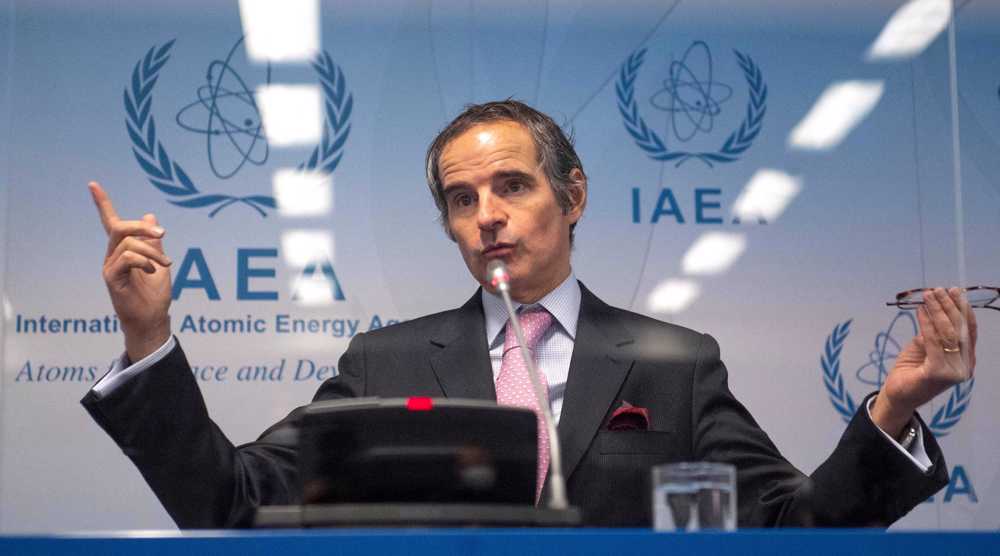
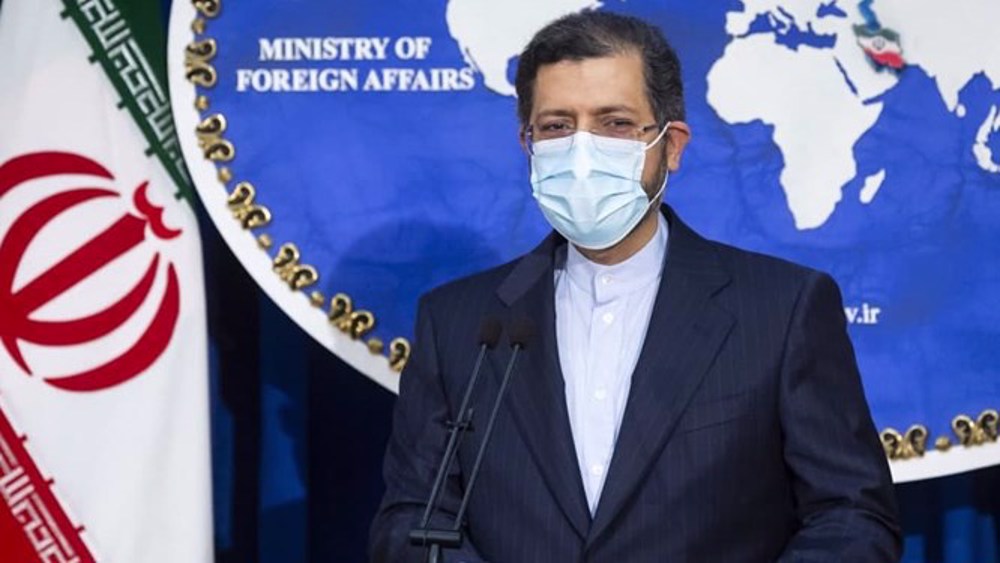
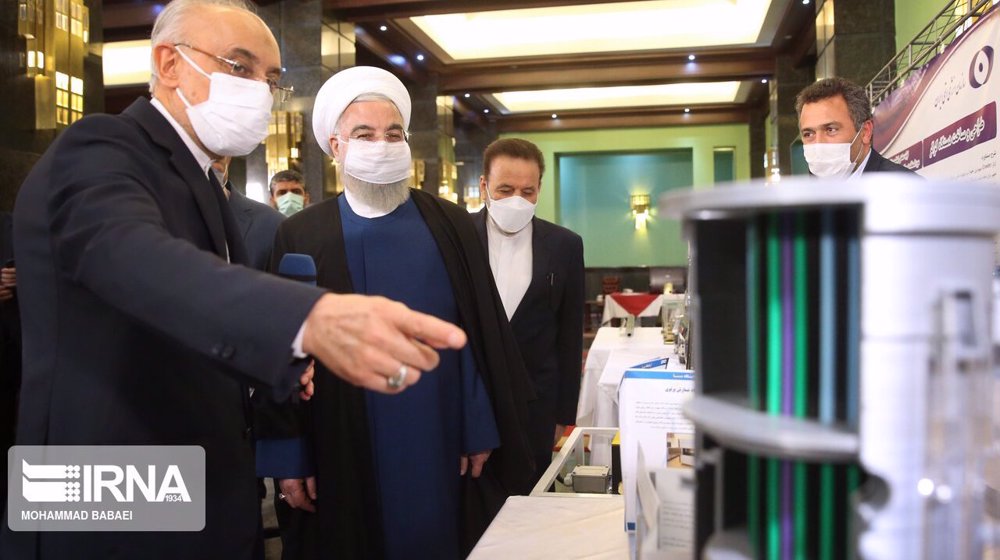
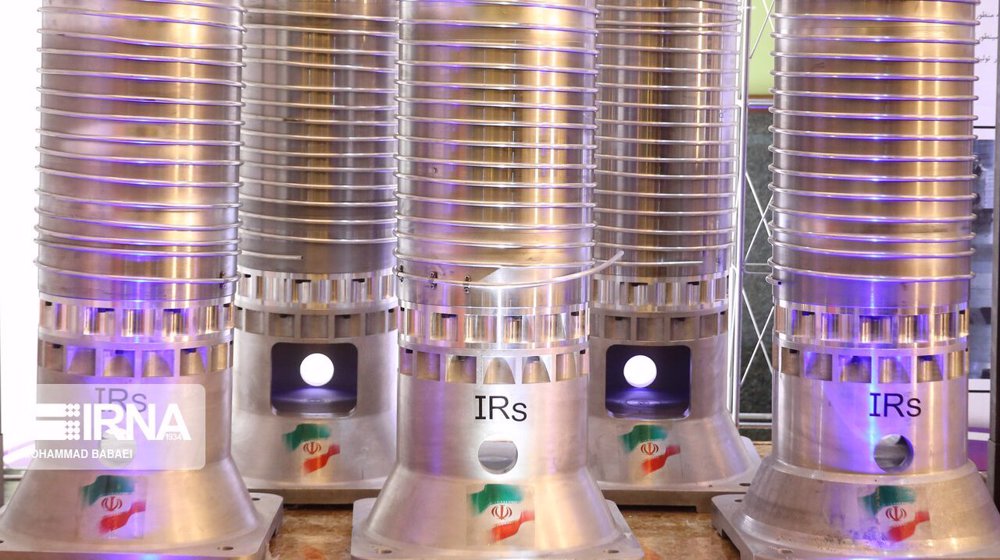
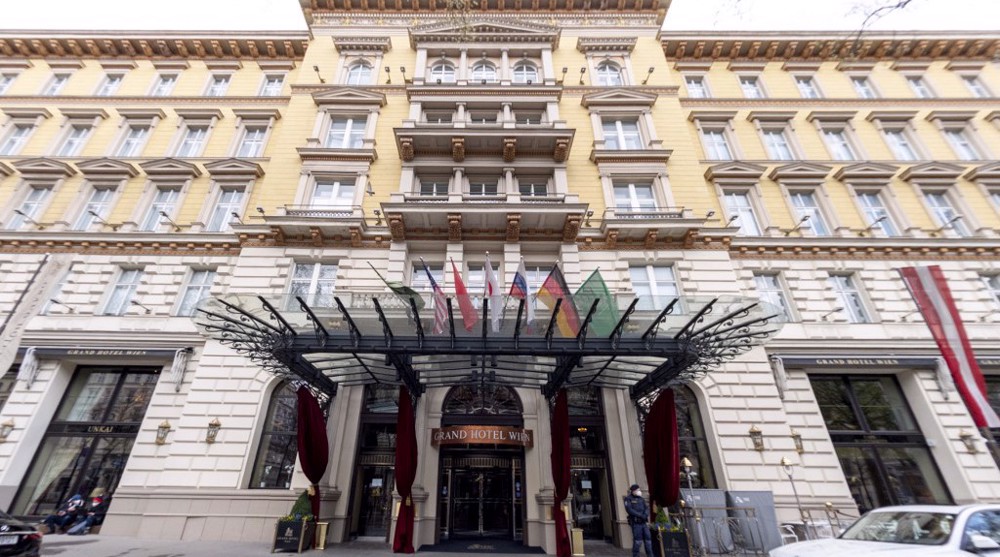
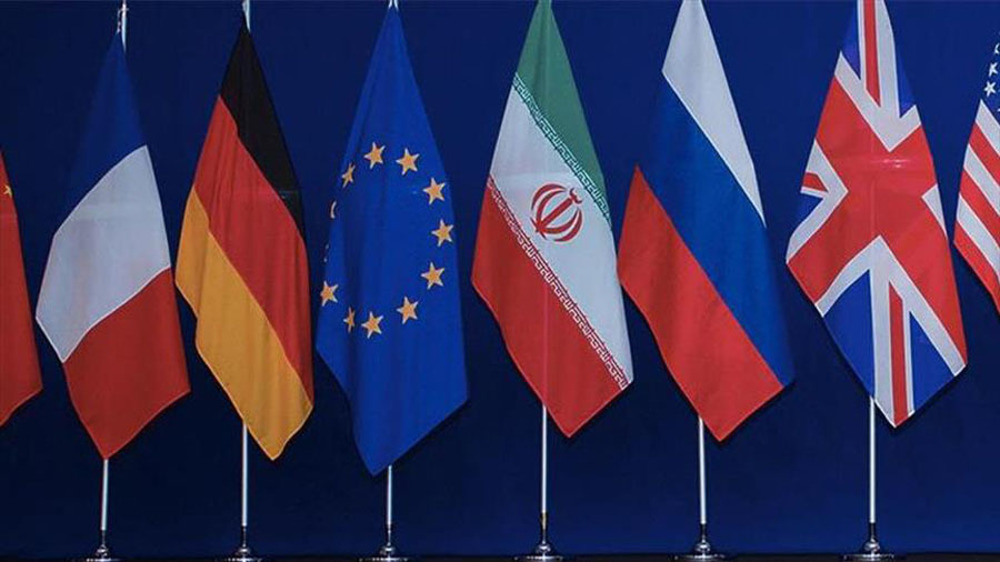
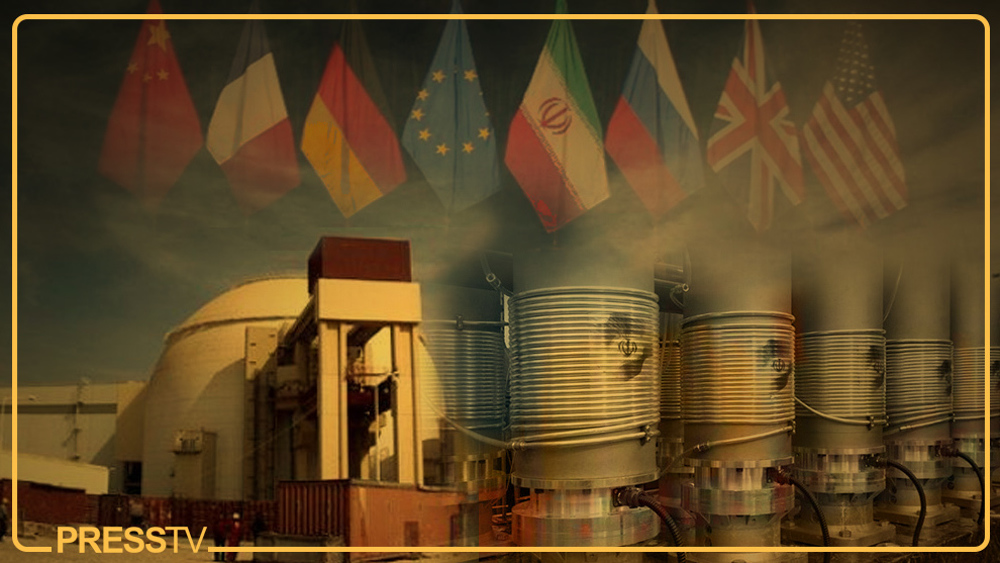
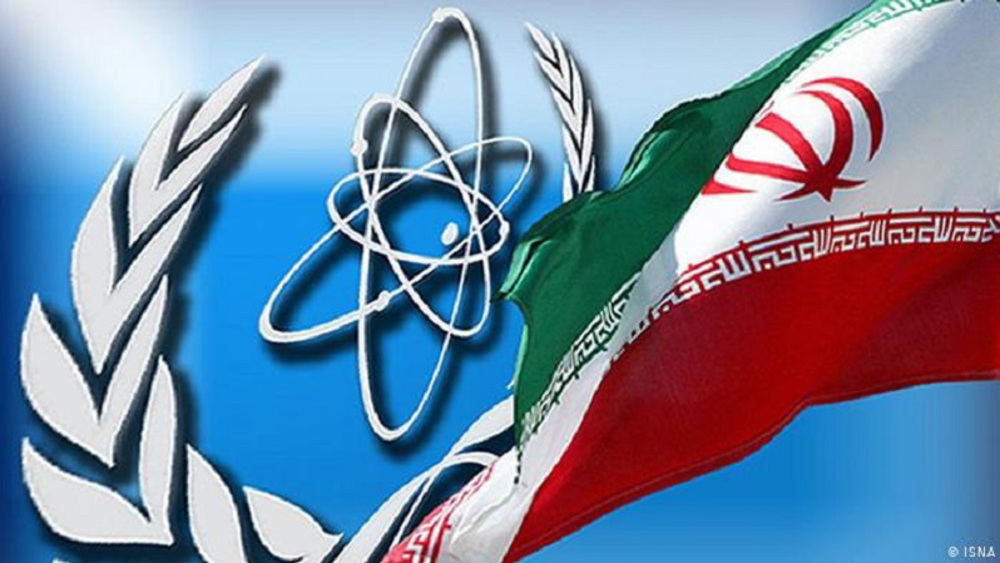
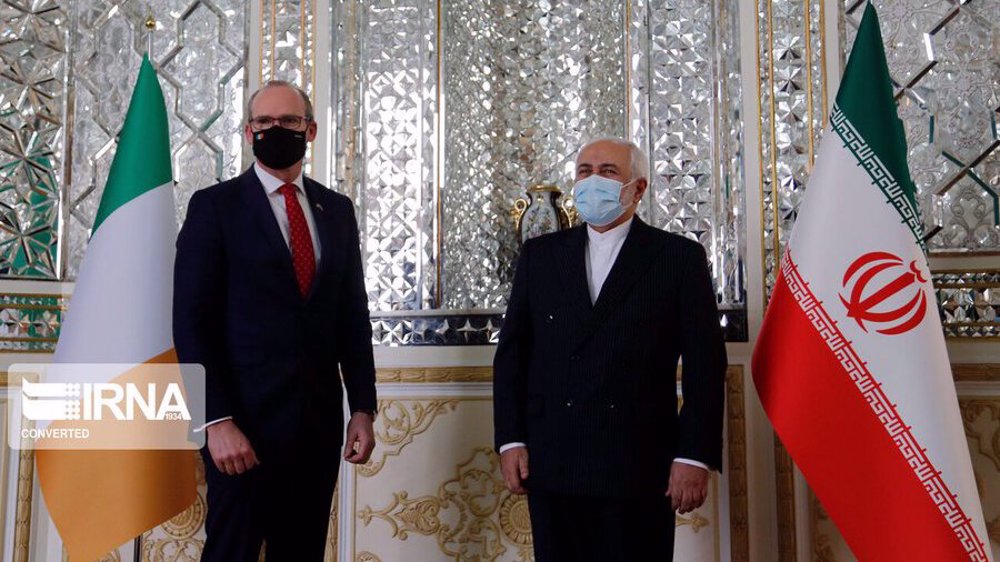
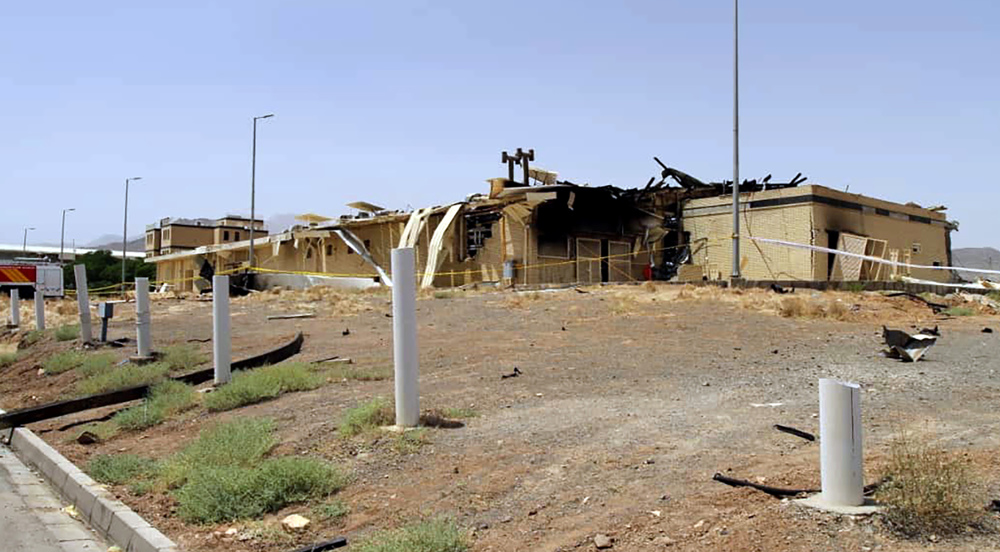

 This makes it easy to access the Press TV website
This makes it easy to access the Press TV website